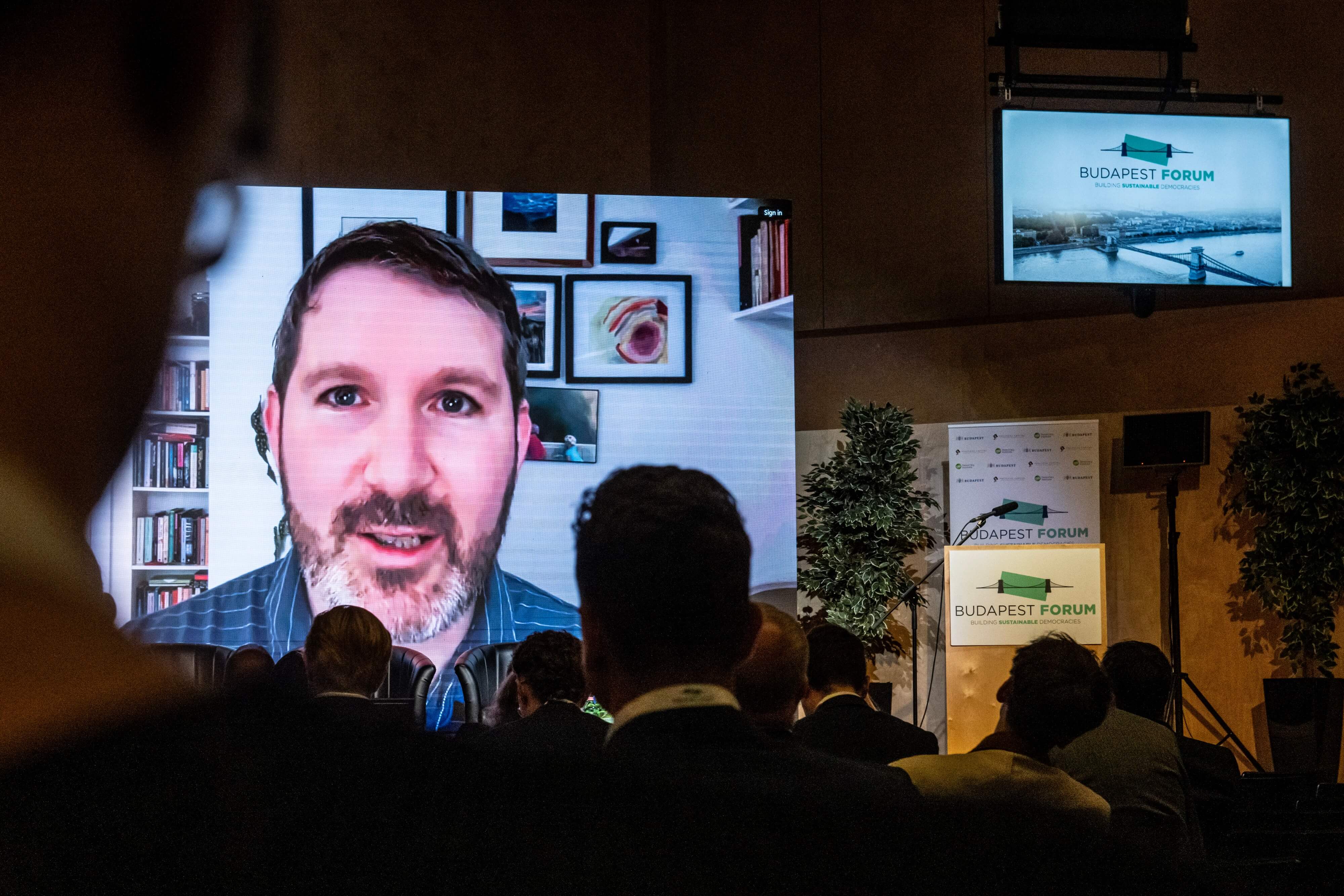The Relevance of Filter Bubbles in Polarized Countries
2024-09-26
Speaker:
Eli Pariser, co-founder and co-director of New Public, a community and experimentation hub for digital public spaces.

Main takeaways:
- The structure of the media is deeply connected to the health of democracy, influencing how citizens engage and exercise agency in democratic systems. The digital environment has implications for people's real-life struggles. Historical parallels, such as the US postal system, show that structured, subsidised communication systems are essential to sustaining democracy, something that is now lacking in the digital age.
- The media changes its shape to meet the needs of the algorithms. On the other hand, user preferences shape the algorithms and their preferences. In this way, they directly shape the media. However, when we talk about user preferences in this context, we are talking about behavioural preferences rather than conscious choices.
- The media has always reflected different value systems. With filter bubbles, we don't really know on what basis the algorithm is sorting the information we meet with. Therefore we don't know what subset of the total available information we're seeing, what our media landscape really looks like. Platforms can choose their algorithms, and people choose their platforms based on which set of algorithmic values they agree with. This makes it difficult for people to understand or imagine what other people might be seeing, which has a poisonous effect on democratic discourse.
- We live in an extremely fragmented media landscape and algorithms play a key role in this.
- Fragmented media is a really profound threat to democratic discourse because if we can't agree on basic facts, if we can't empathise or understand what other people are experiencing, what the media environment or the stories they're living in are, then it's very hard to argue with each other or come to agreements.
- However, there are some positive aspects to this fragmentation: it has enabled groups of people who have not traditionally been part of mainstream discourses to communicate and validate each other – building solidarity and a sense of positive identity.
- The fight for a healthy media system and a healthy algorithmic ecosystem is the same as the fight for a healthy democracy. A core function of democracy is to give people and communities agency and autonomy – to help us understand who we are and how we can act together. This is critical to our sense of citizenship.
Recommendations:
- What can we do? There are two possible solutions:
- Building more public platforms for public discourse. The structuring of public discourse is in the hands of a few companies - this is not a media ecosystem that serves democratic values. We need to really think about what a sustainable, decentralised and collectively governed digital public ecosystem looks like. We need to stop handing over the coding of these algorithms to companies that are essentially just trying to serve advertising and make a lot of money for their shareholders.
- Building storytelling that speaks to both democratic values and civic values. We need to work on a larger reconstruction of how we build our public sphere, and we need to work with the public sphere we have. We need to meet people where they are with stories and values that resonate with them.
Copyright 2026. Political Capital Policy Research and Consulting Institute, all rights reserved.

